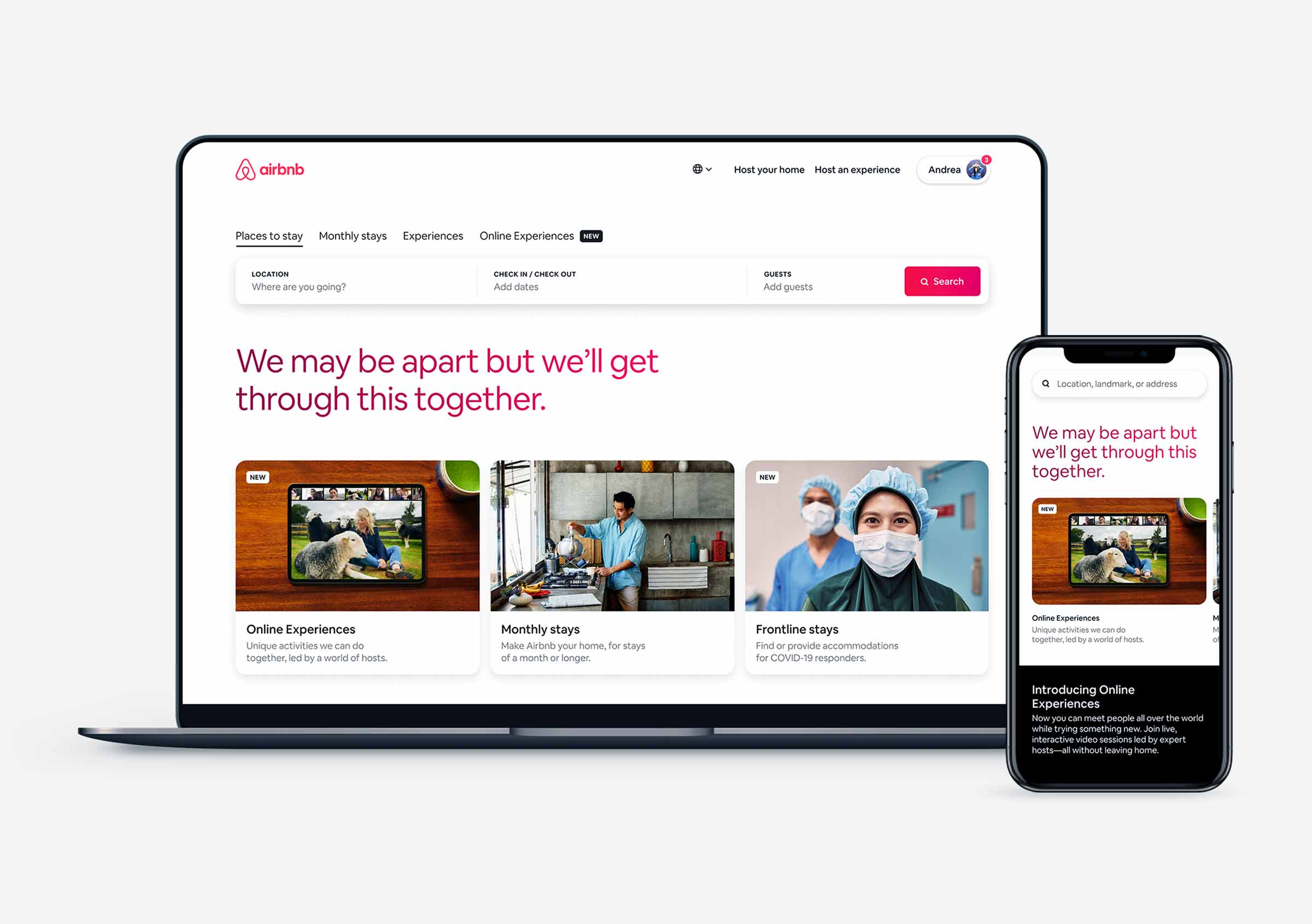By late last year, finally, it felt as if progress was being made on the diversity and inclusion agenda. There was hardly a business across the consumer sector not taking D&I seriously – and a true sense of alignment between investors, boards and executive teams in driving real change. Sadly, however, the scale and all-consuming nature of the Coronavirus crisis has, of course, taken centre stage, and in many businesses, D&I seems to have slipped right down the priority list.
Many D&I professionals have been furloughed, ESG has had less air-time at Board meetings, gender-pay gap reporting is down, budgets have been pulled from diversity training – and the pace and intensity of corporate decision making has, in many cases, meant that diversity of thought has wrongly become a lower priority. In short, the diversity and inclusion agenda has been relegated from business-critical to a ‘nice to have’ or ‘not now’.
Ultimately, our view at The MBS Group is simple: businesses that fail to prioritise diversity and inclusion – especially now – will suffer as they find themselves outrun by their more forward-thinking competitors. This practically manifests itself through both a commercial performance, and a ‘moral compass’ lens.
Firstly, in terms of commercial performance, many businesses are now often operating without meaningful data to properly understand their customer of today. As Olly Purnell, Managing Partner of strategy house Q5, put it recently at a WiHTL webinar: “In the last two to three years, business leaders have become data-obsessed, looking at customer analytics to inform every decision. Yet what we know about consumer behaviour is frankly worthless right now.”
It should come as no surprise that on his first day as the new CEO of Sainsbury’s this week, Simon Roberts committed to spending more time with customers and re-orientated his leadership team to ‘get closer to customers’ as their ‘lives have changed over the last two months’. Businesses will need creativity and greater insight as they rebuild their business models and re-orientate themselves to changing customer needs and behaviours – and, a diversity and plurality of thought will be critical to fully understand a diverse, and changing, customer base.
Some of the most powerful imagery I have seen in recent weeks is Edward Enninful’s cover story for the July edition of Vogue UK, which profiles three ‘essential workers’: Narguis Horsford, a train driver on the London Overground; Rachel Millar, a community midwife in east London; and Anisa Omar, an assistant at Waitrose in King’s Cross. Yet, the diversity of the ‘essential workers’ Vogue illustrates, those on the ‘shop floor’ in our sector, is rarely mirrored at a leadership level – where true decisions are made.
Secondly, now more than ever, businesses are expected to have the right moral compass. Richard Pennycook, Chair of 2 Sisters Food Group, Howdens and On The Beach, confirmed this view at one of our recent webinars: “for our colleagues and our customers, our behaviours right now will be etched on their consciousness for years to come. Doing the right thing will pay huge dividends for companies that exhibit the right values.”
Never before in my lifetime has the whole world faced a broadly similar set of experiences: a cycle of lockdown, shielding, isolation, the dismantling of social norms and putting public health ahead of instinctive personal and family priorities. On top of that, the scale of the pandemic means very few of us do not know someone who has suffered great sadness, anxiety or hardship without the usual societal norms that get us through it. It is perhaps because of this shared experience, that there is also a heightened awareness of – and strong reaction against – any sense of injustice or unfairness.
The appalling killing of George Floyd has rightly led to a widespread outpouring of grief, anger and action. In the US especially, the public are scrutinising how businesses are responding to this situation. In corporate America, to be silent on the issue is seen as to be taking a position. On the other hand, empty words are insufficient and those that are taking a stand will also find that their actions – past, present and future – will be pored over and measured against those words. Leaders outside the US who believe this is an American-only problem should be cautious. It is a mistake to think the strength of feeling around this issue in America, or something like it, will not be felt in other countries as the world looks down the barrel of economic hardships.
Co-op chief executive Steve Murrells was amongst the first high-profile consumer leaders in the UK to condemn the death – and recommit Co-op to change. In a powerful statement he said:
“We know we can’t go on like this. A world where people are judged, discriminated against and die due to the colour of their skin is not the world I want, that any of us want. Even though we are not in the USA we all have a part to play. Some of you experience judgement and discrimination every single day. Both in work and outside of work. I know I can’t get close to knowing what this feels like, but I want you to know that my ears are pinned back, my eyes are open and, as uncomfortable as it may be, I won’t look away. I know this is happening and it’s unacceptable and intolerable. It must change. We can change it. The inclusive culture that we, together, are trying to build at the Co-op will only live through actions. Not words alone. There is no doubt we’ve got more to do. We’re well underway but I’m not naive enough to think that we’re even nearly done. We need to go further and faster”.
The ongoing economic impact of coronavirus also means we need to guard against negative consequences that are disproportionately affecting specific parts of our society. We must be conscious of the crisis’s impact on social mobility, the potential for a lost generation and the fact that more women than men have been furloughed or made redundant, for example. There will be further regional disparities too; we have already seen regional airlines struggling, and the impact on the hospitality and travel industry will have a severe impact on many rural and seaside tourist hotspots. One CEO recently described to me how more than half the population in a sea-side town works for them – and, possibly, if that asset was no longer viable going forward, how devastating that would be for the entire town.
When Airbnb Co-Founder and CEO Brian Chesky recently announced redundancies across their business, one of the 5 principles guiding the painful exercise of deciding who would have to be made redundant was a publicly stated “unwavering commitment to diversity”. What an incredibly positive – and widely praised – signal to send to their workforce, even in the context of a hugely depressing message for the company.

Early in the Covid-19 crisis, we wrote about a renewed focus on businesses operating with ‘purpose’ – beyond pure financial interests – especially as they seek to continue to connect with customers during a period of reduced trading. This has been heightened in recent weeks, and diversity and inclusion is now rapidly becoming a core aspect of companies’ ‘social license’ to operate.
From Crisis to Change
The current crisis presents several opportunities to move the dial on diversity and inclusion. Here, we highlight just three:
Firstly, a blocker to progress in creating diverse leadership teams in our sector is the slow rate at which senior leadership roles have historically churned. This is especially true in functions such as Operations, where incumbents have often been in post in senior roles for long periods of time, preventing progression opportunities for diverse talent in the layers beneath. Undoubtedly, over the coming months, many businesses in our sector will be forced to restructure to reflect their new trading reality – and as companies rebuild teams and organisational structures, it will be possible for different, more diverse, leaders to emerge.
Secondly, it has been humanising over the past few months to ‘meet the family’ at home over Zoom or Teams – from the multiple pets of a Chairman, to the teenage son of a CEO competing with his mother for broadband access. We’ve all been exposed to a more personal, intimate and unedited view of our colleague’s lives. We need to find ways of utilising our newly heightened understanding of colleagues on a human level to create more ‘inclusive’ cultures of the future.
Thirdly, historically, the lack of meaningful opportunities for flexible working has always been a real, and in some cases, unmoveable barrier to achieving diverse leadership. The last few months has shown us all that remote and flexible working is effective – and, possibly even more effective than we originally thought – and should no longer be a barrier to progression. Part-time, flexible and remote working can now become an accepted norm for leaders within our sector.
Driving Progress?
Whilst we believe diversity and inclusion are part of the solution – not a problem to be fixed – the agenda definitely still requires leadership. So, who should be driving the change now?
Undoubtedly, although the D&I agenda is still critical for many CEOs and senior executives – they are of course leading the all-consuming response and re-orientation of their businesses coming out of Covid-19. Non-Executive Directors therefore have an added responsibility at this time to ensure all issues of ESG, but especially D&I, remain high on the agenda – and are integral elements of the corporate change programmes underway.
Additionally, as the status of many HRDs has been elevated as a consequence of their exceptional leadership during the first phase of the crisis, empowered and supported by the full executive as never before, many HRDs are now in a unique position to drive meaningful change to the D&I agenda.
The moral and business case for greater diversity and inclusion at the senior level was clear before the coronavirus crisis. Looking ahead, we believe that the moral and business case has only strengthened as we move through and look beyond the crisis. Those businesses that prioritise diversity and inclusion now will reap the rewards well into the future. As Tea Colaianni the Founder and Chair of WiHTL told me yesterday:
“Inclusion and diversity are definitely at risk in any crisis, but diversity of thought and perspective are more critical than ever for business recovery, resilience and reimagination. This is not the time to press the pause button on inclusion, this is the time to be even bolder and seize the moment to forge a new commitment to equality and fairness. We need leaders at all levels to accelerate their efforts to create inclusive cultures.”
At The MBS Group, we are proud to have championed diversity for over thirty years. However, the effects of the Covid-19 crisis and events over the past 10 days have caused us to reflect further – to look, listen and learn. What we have achieved so far, like many, is not enough – and we are committed to redoubling our efforts as MBS, and also with our clients, candidates, colleagues and partners to ensure we never forget the importance of achieving true diversity and inclusion.








